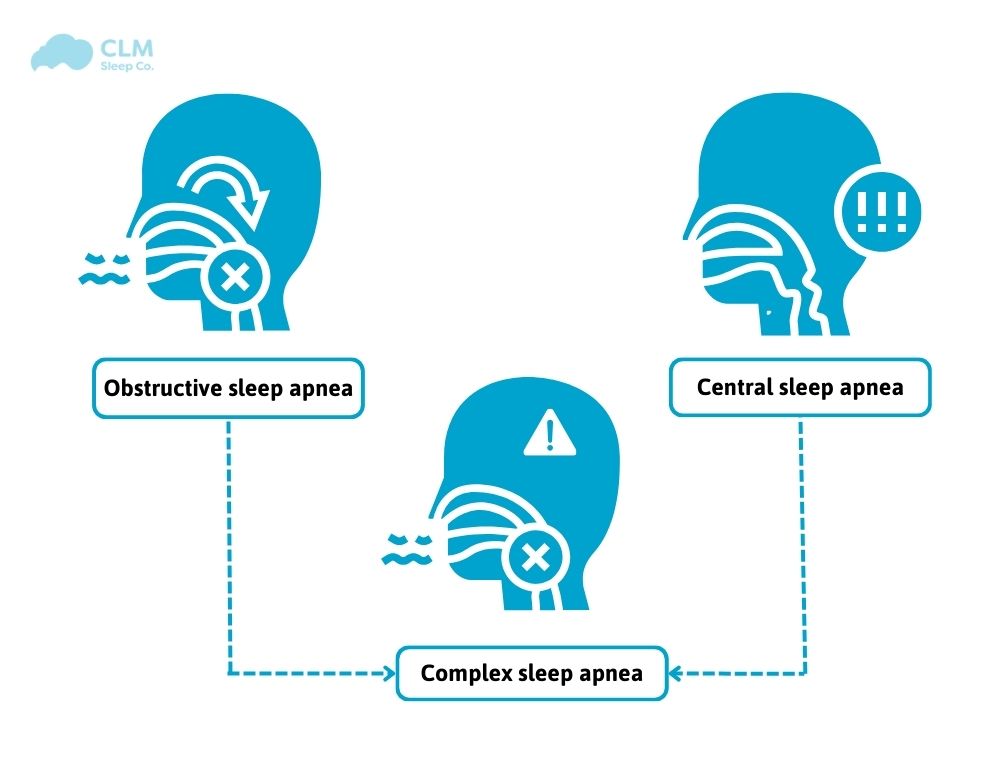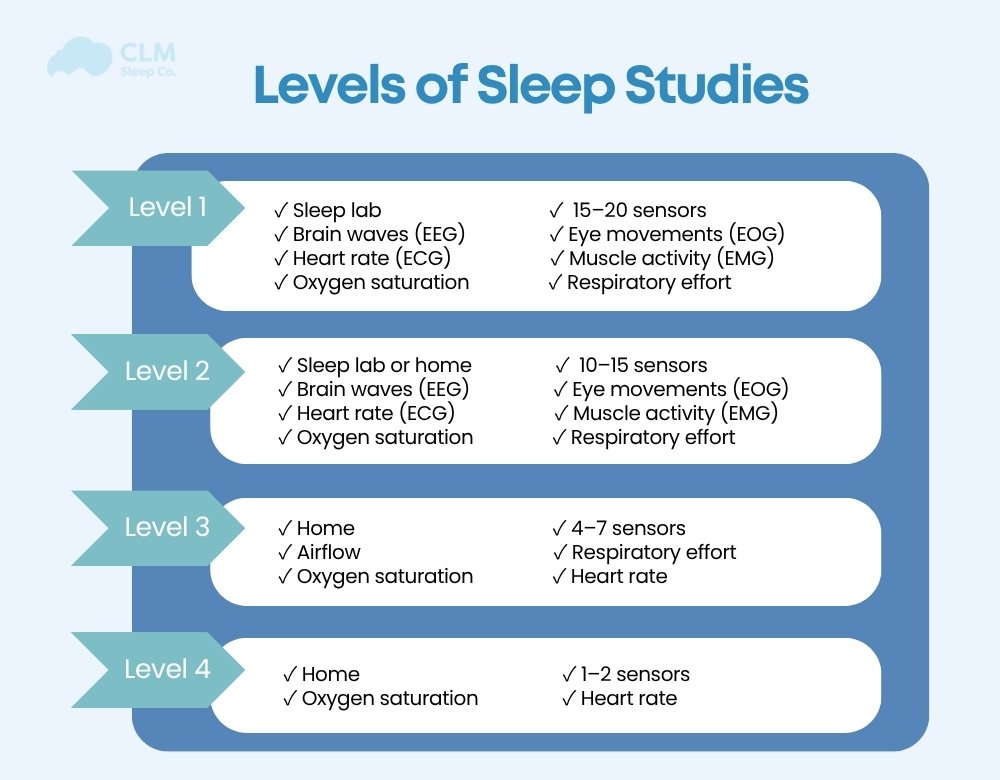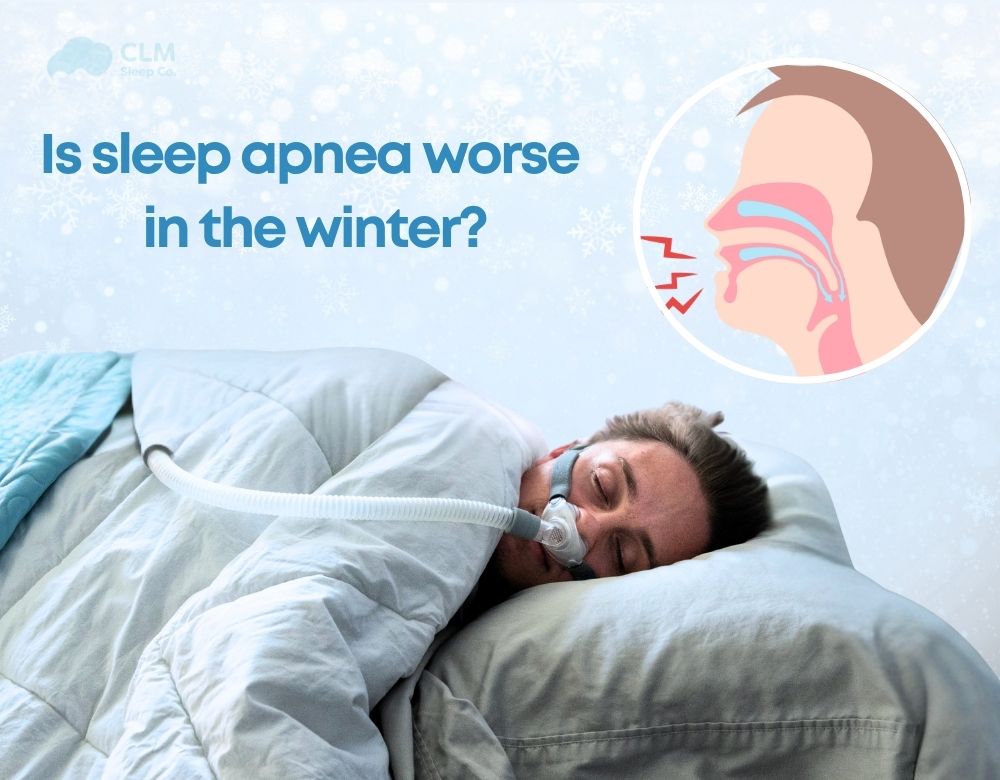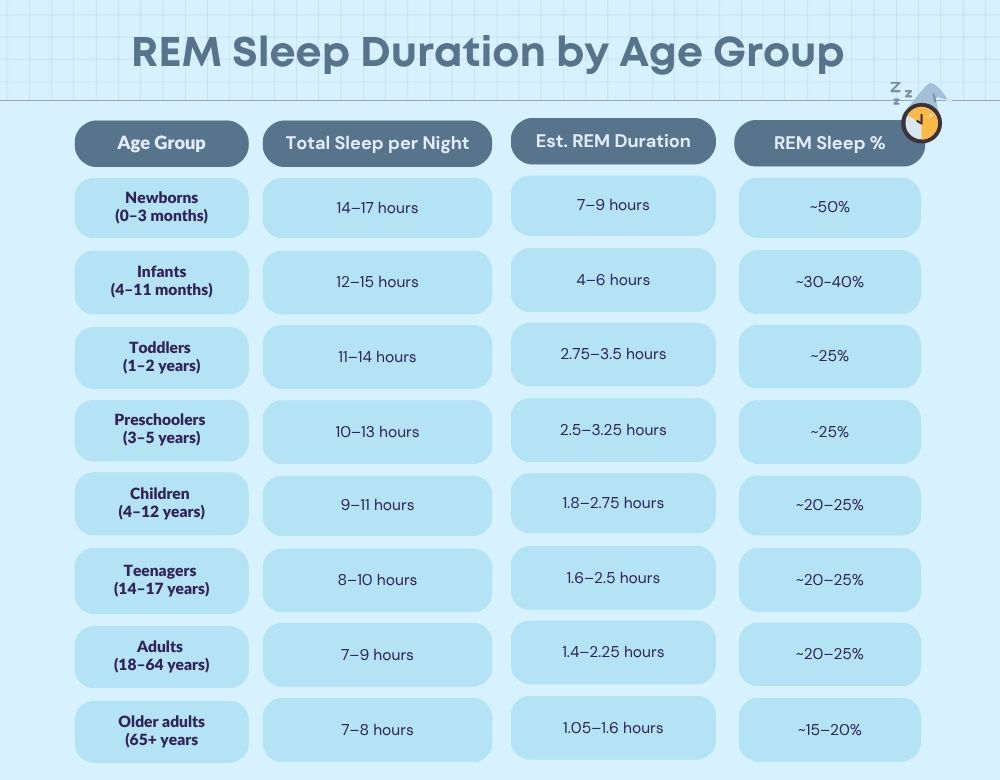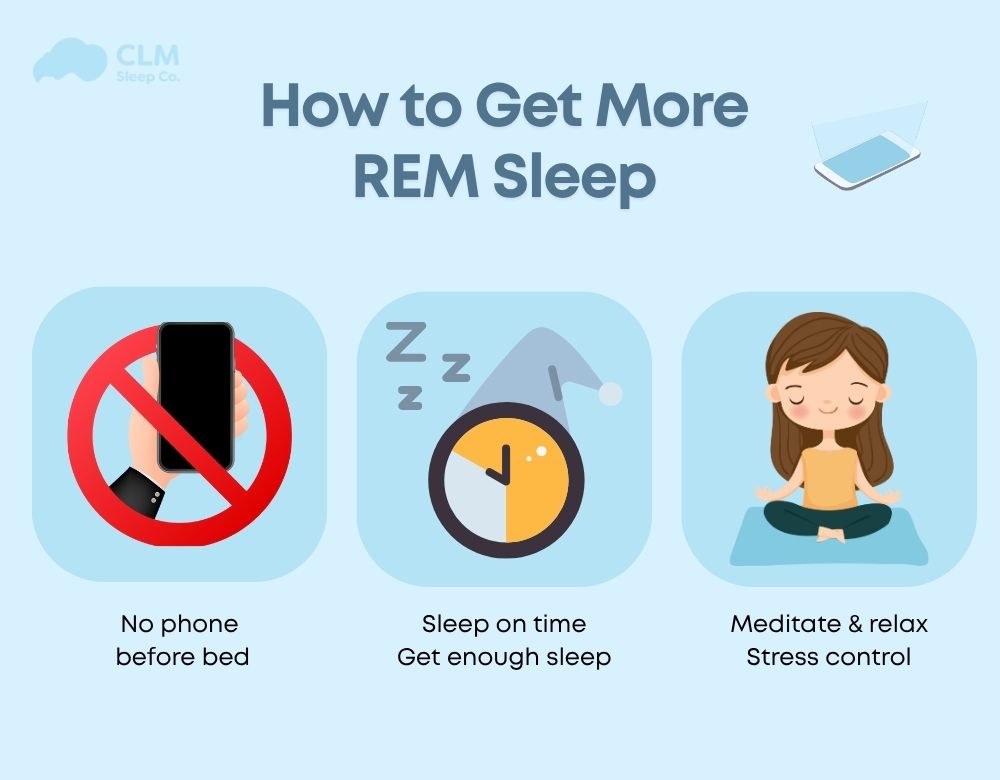If you get enough sleep but still feel tired, have difficulty concentrating or feel sleepy during the day. Then it is very likely that you are having sleep problems. This condition, if prolonged, will greatly affect the quality of life and lead to many health problems. A typical disease related to sleep disorders is sleep apnea, which has affected millions of people worldwide. Join CLM Sleep to learn more about the types of sleep apnea as well as recognize the signs, risk factors and treatment directions.
Basic Information on Types of Sleep Apnea
Sleep apnea is a serious sleep disorder characterized by repeated interruptions in breathing during sleep. This occurs due to a blockage in the airway or a failure in the brain’s signals to the muscles that control breathing, leading to poor sleep quality and various health issues.
There are three common types of sleep apnea:
- Obstructive sleep apnea (OSA) is the most common type and occurs when the muscles in the throat relax excessively, causing a temporary blockage of the airway.
- Central sleep apnea (CSA) is less common and occurs when the brain fails to send the appropriate signals to the muscles that control breathing.
- Complex Sleep Apnea, also known as mixed sleep apnea, is a condition where both obstructive sleep apnea OSA and CSA are present. This occurs when the brain fails to send the correct signals to the muscles responsible for breathing.
See more:
Apnea Meaning: Understanding the Causes, Types, and Treatments
Obstructive sleep apnea (OSA)
Obstructive sleep apnea (OSA) is the most common type of sleep apnea, accounting for about 84% of cases. OSA occurs when the muscles in the back of the throat relax excessively during sleep, causing a temporary blockage of the airway. This blockage causes breathing to stop, typically lasting 10 to 30 seconds and can occur multiple times during the night, leading in loud snoring, choking, or gasping. OSA can result in fragmented sleep, excessive daytime drowsiness, and an increased risk of heart disease and high blood pressure.
Symptoms of OSA
Below are some common symptoms of OSA:
- Loud snoring
- Gasping for air during sleep
- Frequent awakenings with a dry mouth or sore throat
- Daytime fatigue
- Morning headaches
- Difficulty concentrating
See more: Can You Have Sleep Apnea Without Snoring?
Risk Factors for OSA
The major risk factors for OSA are:
- Obesity
- Large neck circumference
- Narrow airway
- Being male
- Smoking
- Use of sedatives or alcohol before bed
- Family history of sleep apnea
Treatment Options for OSA
- Continuous Positive Airway Pressure (CPAP) therapy
- Lifestyle changes (weight loss, quitting smoking)
- Oral appliances
- Surgery in severe cases
See more: What causes sleep apnea?
Central sleep apnea (CSA)
Central sleep apnea (CSA) is less common, accounting for only about 5% of cases. CSA occurs when the brain fails to send the appropriate signals to the muscles that control breathing. Unlike OSA, there is no physical blockage of the airway. Instead, CSA is caused by a problem with the brain’s respiratory control center. This type of sleep apnea often affects individuals with underlying medical conditions such as heart failure or stroke. CSA can also lead to irregular breathing patterns and periods of no breathing during sleep, causing disrupted sleep and daytime fatigue.
Symptoms of CSA
- Periods of paused breathing during sleep
- Shortness of breath that wakes you up
- Difficulty staying asleep (insomnia)
- Excessive daytime sleepiness
- Chronic fatigue
- Morning headaches
- Difficulty concentrating
Risk Factors for CSA
The major risk factors for CSA are:
- Age (more common in older adults)
- Heart disorders
- Stroke
- Use of narcotic pain medications
- High-altitude environments
Treatment Options for CSA
- Adaptive Servo-Ventilation (ASV)
- CPAP or BiPAP devices
- Treatment of underlying medical conditions
- Supplemental oxygen
Complex sleep apnea (CompSAS)
Complex sleep apnea (CompSAS), also known as mixed sleep apnea or treatment-emergent central sleep apnea, is the most severe form of sleep apnea. Initially, a person may have obstructive sleep apnea, which is characterized by a physical obstruction of the airway. However, after starting treatment for OSA, central sleep apnea may sometimes develop. It combines features of both Obstructive Sleep Apnea (OSA) and Central Sleep Apnea (CSA). This makes it more complex to treat, as it involves both physical airway obstruction and central nervous system issues, potentially leading to more severe health risks if left untreated.
Symptoms of CompSAS
- Symptoms similar to both OSA and CSA
- Severe daytime sleepiness
- Frequent arousals during sleep
- Difficulty adapting to CPAP therapy
- Persistent symptoms despite treatment for OSA
Risk Factors for CompSAS
- Initial diagnosis of OSA
- Ineffective CPAP therapy
- Existing heart or neurological conditions
Treatment Options for CompSAS
- Adjustments to CPAP settings
- BiPAP or ASV therapy
- Ongoing monitoring by a sleep specialist
- Alternative therapies in severe cases
- Surgery
See more: Guide to Sleep Apnea Test At Home: Quick and Easy
CLM Sleep Clinic – specializes in treating sleep apnea
We have a network of clinics spread across Australia, especially in Adelaide, Melbourne, and soon there will be more clinics in Tasmania Island. Committed to bringing speed, convenience and accuracy. The team of doctors at CLM Sleep will conduct
Diagnostic and Investigative Services: Examination and selection of methods to conduct sleep studies including
Treatment Programmes: Apply comprehensive treatment methods such as CPAP Programme, 360° Sleep Programme, Sleep Coaching Programme, Diet & Weight Management Programme, RECLAIMsleep Programme, Sleep Dental Programme, Sleep Positional Therapy
Consulting on choosing the right size and style of cpap machine for effective treatment
See more: What Is Circadian Rhythm?
Some of CLM’s major clinics
1. CLM Sleep Co. Kent Town, Adelaide
Store details: 57 Fullarton Road, Kent Town, SA, 5067, Australia
Phone: 08 8166 0811
2. CLM Sleep Co. Bacchus Marsh
Store details: Lung and Sleep Victoria, 32 Gisborne Road, Bacchus Marsh, VIC, 3340, Australia
Phone: 03 9967 1027
Store details: Lung and Sleep Victoria, 35 Summerhill Road, Footscray, VIC, 3011, Australia
Phone: 03 9967 1020
Conclusion
It’s important to consult with a sleep specialist to determine the most appropriate treatment plan for your specific needs. They will determine the exact types of sleep apnea and assess your individual situation and recommend the best approach based on factors such as the severity of your symptoms, underlying health conditions, and personal preferences.
